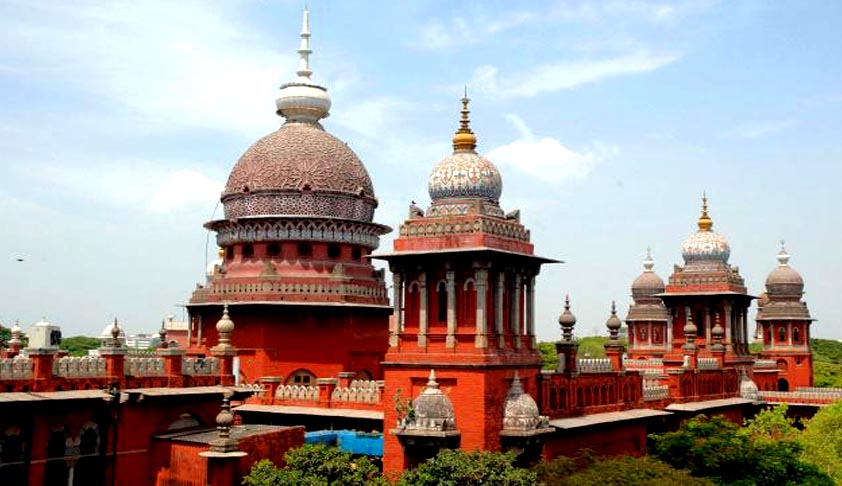Madras High Court declares Section 21 of the Bonded Labor System (Abolition) Act Unconstitutional
Apoorva Mandhani
4 Jun 2014 3:05 PM IST

Next Story
4 Jun 2014 3:05 PM IST
The cases regarding the release of bonded laborers will now be decided by the judicial magistrate courts, in an ordinary manner, and not by tahsildars and revenue divisional officers (RDOs). A Madras High Court bench comprising of Acting Chief Justice Satish K Agnihotri and Justice M Sathyanarayanan reportedly struck down Section 21 of the Bonded Labour System (Abolition) Act, 1976, along with...
